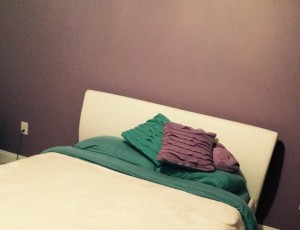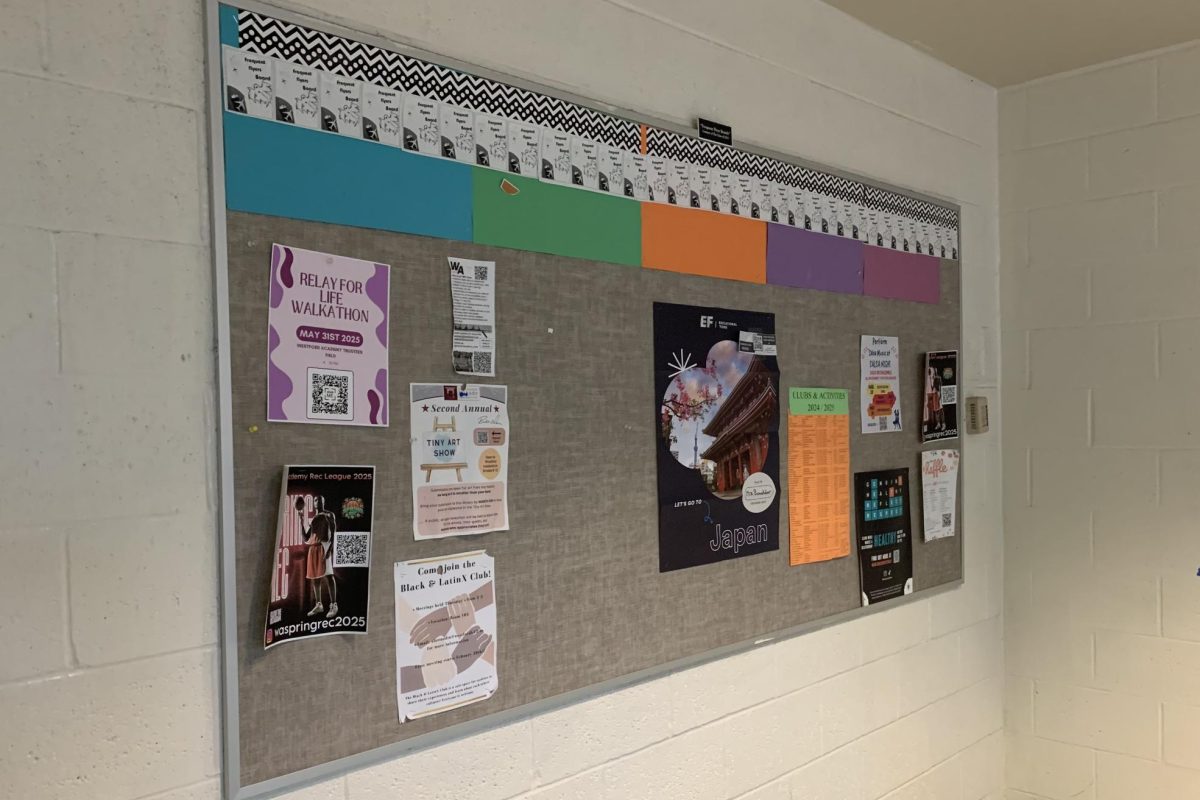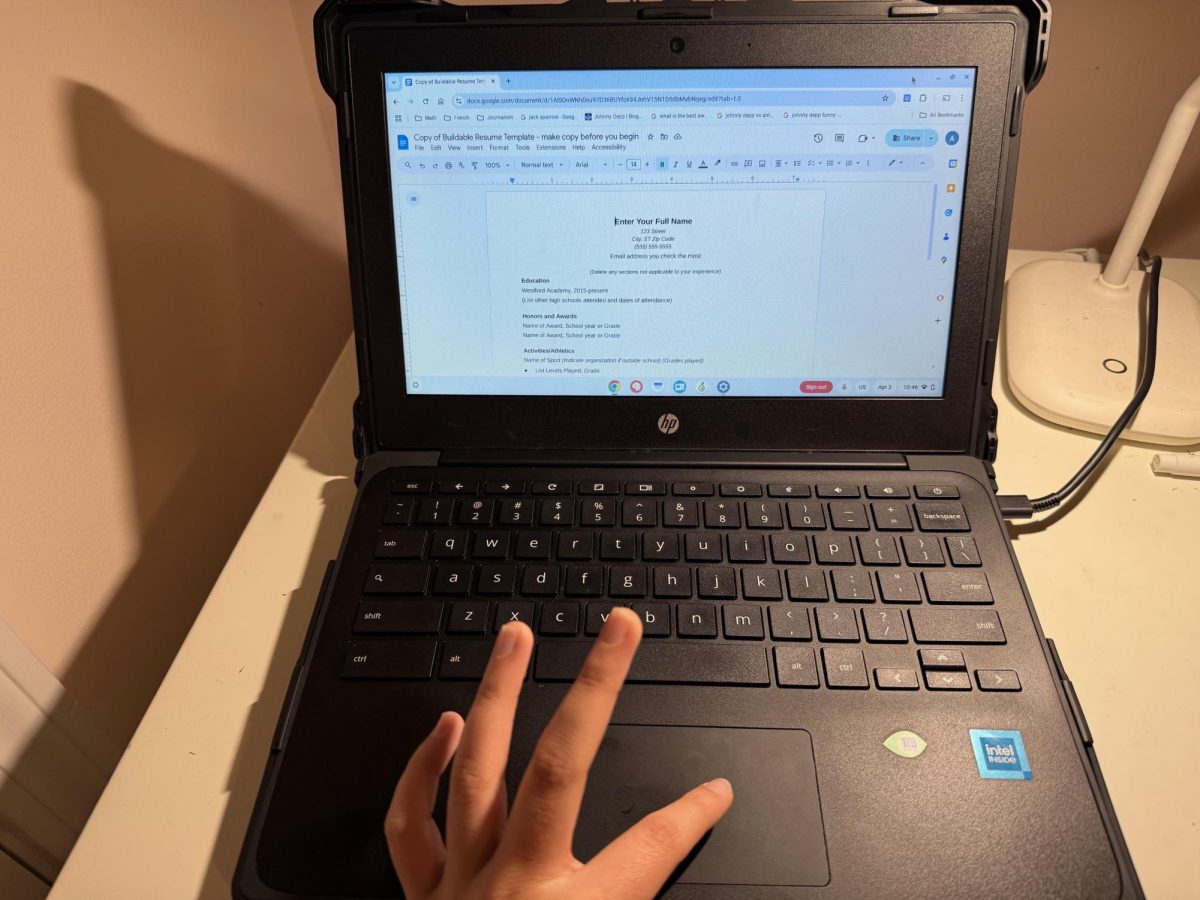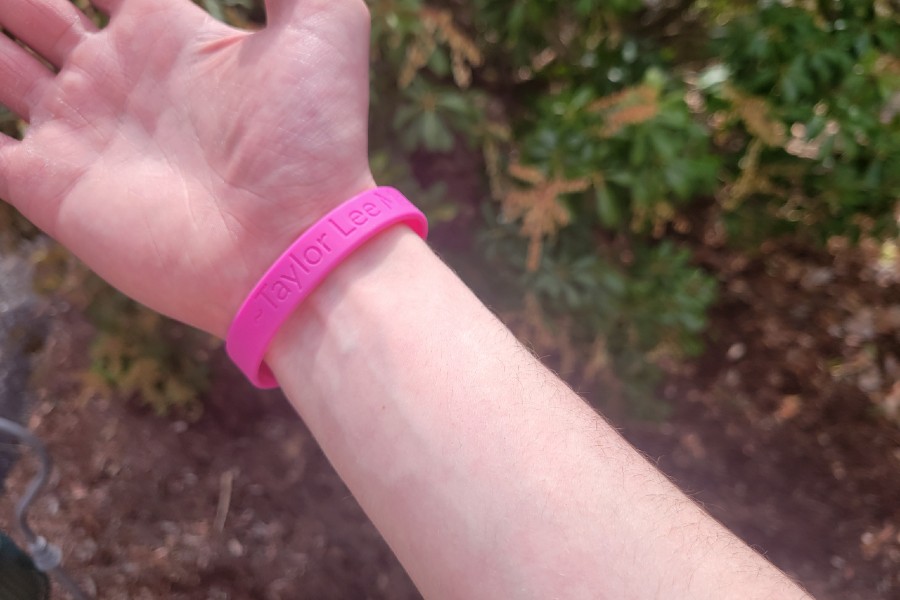1) Get Exercise!
Getting exercise improves the length and quality of your sleep. Be careful because exercise within 3-4 hours before bed can actually cause restlessness and cause you to lose sleep.
2) Block Clock & No Blue Light
Seeing a clock will make it much harder to fall asleep when you feel you can’t sleep. Watching the time pass by will make you feel awake forever, so “block the clock”. Turn it away from you, cover it up. Light is a powerful signal to the brain to stay awake. Try and stay away from computers, phones, and TV at night and get natural light during the day.
3) Eat Healthy
A balance of fruits, vegetables, protein, and carbs will keep your body healthy. Having a balanced system is very important in maintaining the body’s normal functions, like sleep. Also try and avoid large meals in evening.
4) Cool, Quiet, Dark
Keep a cool, quiet, and dark room. The temperature of a room should be between 65 and 75 degrees. The cool sheets and room send a signal to your brain to slow your heart rate and produce melatonin, causing you to fall asleep faster.
5) Limit Caffeine
Most of us feel the need for coffee in the morning to get us up, and a lot will have it again during their afternoon crash, this caffeine later in the day though will still be affecting them hours later even though they don’t feel the caffeine rush anymore. To avoid this caffeine from keeping you up, no caffeine should be had after lunch or 2pm, since it interferes with the deeper stages of sleep.
6) Don’t Think About It
It is proven that individuals who worry about falling asleep have greater trouble dropping off. So don’t think about it! Just get in bed, relax, and tell yourself that you’re going to fall asleep soon.
7) Routine & Slowly Unwind
Establishing a bedtime routine and having consistency is very important to your body in regards to sleep. You should try to go to bed same time every night, including weekends, which is difficult for teenagers who want to go out on weekend nights. However, setting your biological clock is very important to get the right amount of sleep.
“Sleep is not an on‐off switch, it’s more like slowly easing your foot off the gas” said Dr. Breus, a sleep doctor. Try and unwind a few hours before bedtime, put aside work and complications early, lower lights 2‐3 hours before bedtime; this signals your brain to produce melatonin.
8) Bedroom Only For Sleep
Everything in your bedroom should point to rest and relaxation. Many of us like to be alone and do our homework in our room. A room that makes you think of a million things that aren’t sleep is distracting and will cause racing thoughts at night. A bedroom should have all things pointing and relating to sleep.
9) Get Up If It Doesn’t Work
If within 15 minutes of trying to sleep, you don’t fall asleep, get up and do something relaxing in dim lighting. (Only do this if you don’t already feel relaxed.) A good relaxing thing to do that is proven to help people fall asleep is reading a book. Although phone games and tv seem relaxing they do not help you fall asleep, so don’t make them your go to relaxing activity.
10) No Naps
Afternoon crashes are a regular habit for many people. When people take a nap, little do they know that this is actually going to make them more tired the next day because it will keep them up at night. People shouldn’t nap within 8 hours of bedtime; a short nap of 20 minutes is okay because it won’t interfere with later sleeping. So set a timer and take a short nap if you get too tired during the afternoon.
Sources: http://www.helpguide.org/articles/sleep/how-to-sleep-better.htm; http://www.webmd.com/sleep-disorders/sleep-benefits-10/slideshow-sleep-tips









